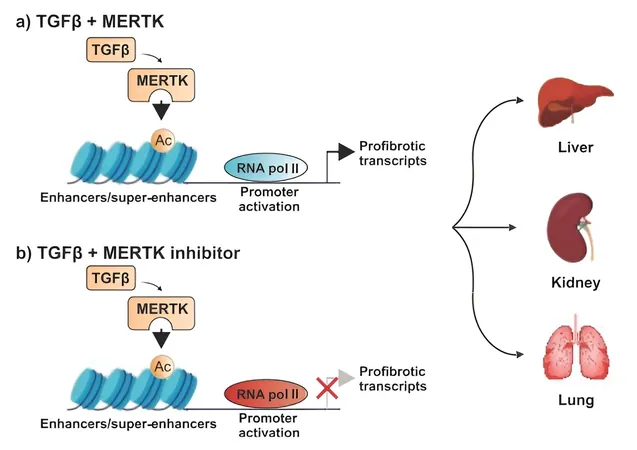
Heartbroken Maid Seeks Return Home to Indonesia after 11 Months in Singapore, Leaving Employer in a Bind
2024-09-23
SINGAPORE: A Gripping Tale of Employment Challenges
In a gripping tale of employment challenges, an employer recently shared her distress on social media after her Indonesian maid, who has been working for her for 11 months, unexpectedly requested to return to Indonesia. The maid's reason? She misses her child deeply.
The employer took to the Facebook group "MDW in Singapore" to express her frustration, stating, “She asked me to send her back to Indonesia as she misses her child.” She described feeling that the request was unfair, particularly given the extensive processes involved in hiring the helper, including the paper trail, loan repayments, and the hope of having stable household support.
Compounding her worries is the fact that had the helper requested to leave within the first six months of her employment, the employer would have been eligible for a free replacement through the agency, a service she had proactively paid extra for. Now, with this window passed, she faces significant uncertainties. “If I get her flight back home, what about this month’s pay that I already transferred to her? Will the agent or MOM compensate me now that my helper asked to be sent home early?” she questioned.
The emotional turmoil of losing a hired helper is a theme that resonated with many netizens who chimed in on her post. Several users reminded her that hiring domestic helpers often comes with unpredictable risks, including the possibility of sudden departures. One comment summed it up: “Hiring a helper is like a gamble; you either win or lose. Sadly, no one will compensate you for the losses.”
As the employer flounders to understand her next steps, others offered more constructive advice. Some urged her to initiate a conversation with the maid, suggesting that understanding her needs could lead to a compromise, such as extending her employment until a replacement can be found, or modifying her workload to minor tasks, thereby easing her stress.
The Ministry of Manpower (MOM) has guidelines in place that govern such situations. According to MOM, if a domestic helper decides to end her contract early, there are conditions regarding the notice period that must be respected, or a payment in lieu of notice may be necessary. However, it also notes the importance of compassion in these situations, advising employers to be flexible and understanding.
For the employer struggling to balance her household needs with the distress of her helper, MOM stresses the importance of canceling her work permit within a week of her last working day and arranging her return, which includes covering her travel expenses.
For those facing similar challenges, MOM suggests utilizing the Advance Placement Scheme, which allows employers quick access to a pool of helpers already in Singapore, thus expediting the hiring process and minimizing the stress that comes with searching for a replacement.
This story exemplifies the delicate balance between employer and employee relationships, particularly in the context of foreign domestic work. With the emotions running high, both parties face a tough time navigating the practical implications of this heartfelt request.
Conclusion: The Need for Communication and Understanding
Could this situation have been avoided with better communication and understanding? As the clock ticks down on the maid's wish to reunite with her child, the employer is left with pressing questions about the future of her household support.




 Brasil (PT)
Brasil (PT)
 Canada (EN)
Canada (EN)
 Chile (ES)
Chile (ES)
 España (ES)
España (ES)
 France (FR)
France (FR)
 Hong Kong (EN)
Hong Kong (EN)
 Italia (IT)
Italia (IT)
 日本 (JA)
日本 (JA)
 Magyarország (HU)
Magyarország (HU)
 Norge (NO)
Norge (NO)
 Polska (PL)
Polska (PL)
 Schweiz (DE)
Schweiz (DE)
 Singapore (EN)
Singapore (EN)
 Sverige (SV)
Sverige (SV)
 Suomi (FI)
Suomi (FI)
 Türkiye (TR)
Türkiye (TR)